THE PODCAST
Elevating the conversation about all things tactical.

Accentuate the Positive
Positivity isn’t magic. You can’t optimism your way through a situation you aren’t ready for any more than you can mindset your way through a fight. Productive positivity, however, is never allowing yourself to say “this sucks” without adding “…and this is how I’m going to fix it.” Listen in as Jim offers his thoughts on a practical positive attitude.

Go Touch Grass
While “self care” is a term with a bit of a woo-woo feel to it, it’s necessary for people in high stress jobs to take time to depressurize, and getting out in nature is a great way to do it. Jim takes the time on deployments to plan his hikes for when he gets home; what’s your outdoor stress release?
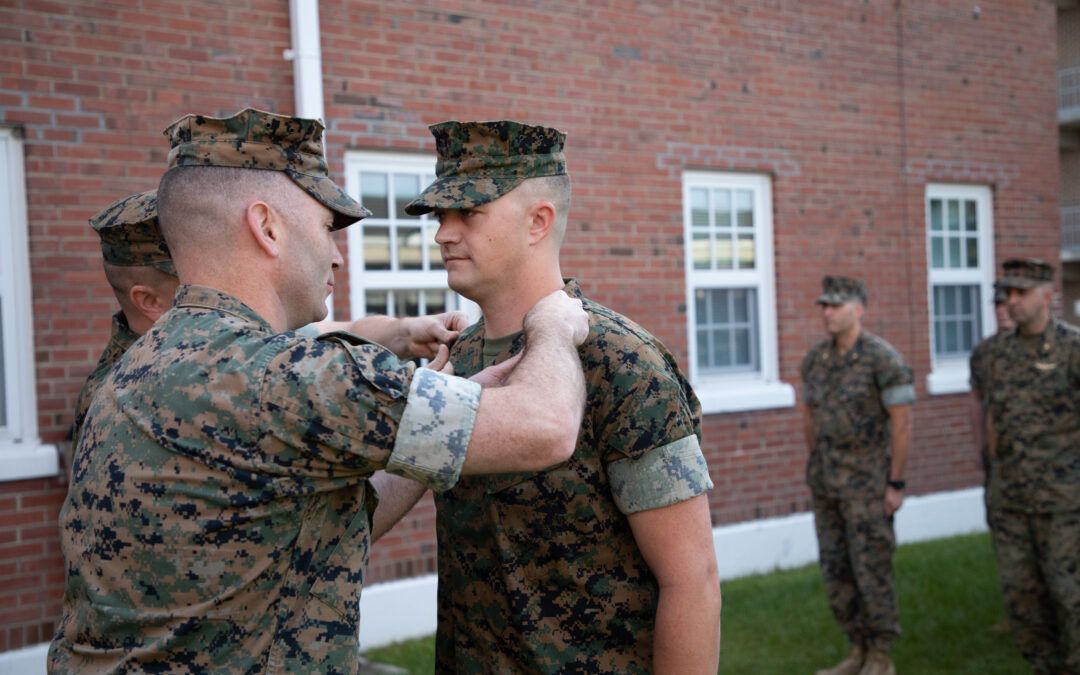
Managing Resourceful Humans
Picking the human talent for your team and carefully developing them once they’re selected is a core element of leadership, and “management” is not a dirty word. Knowing the traits you need and attracting people with those traits is a foundational skill for any team leader. Keeping those people there and motivated is where the management comes in.
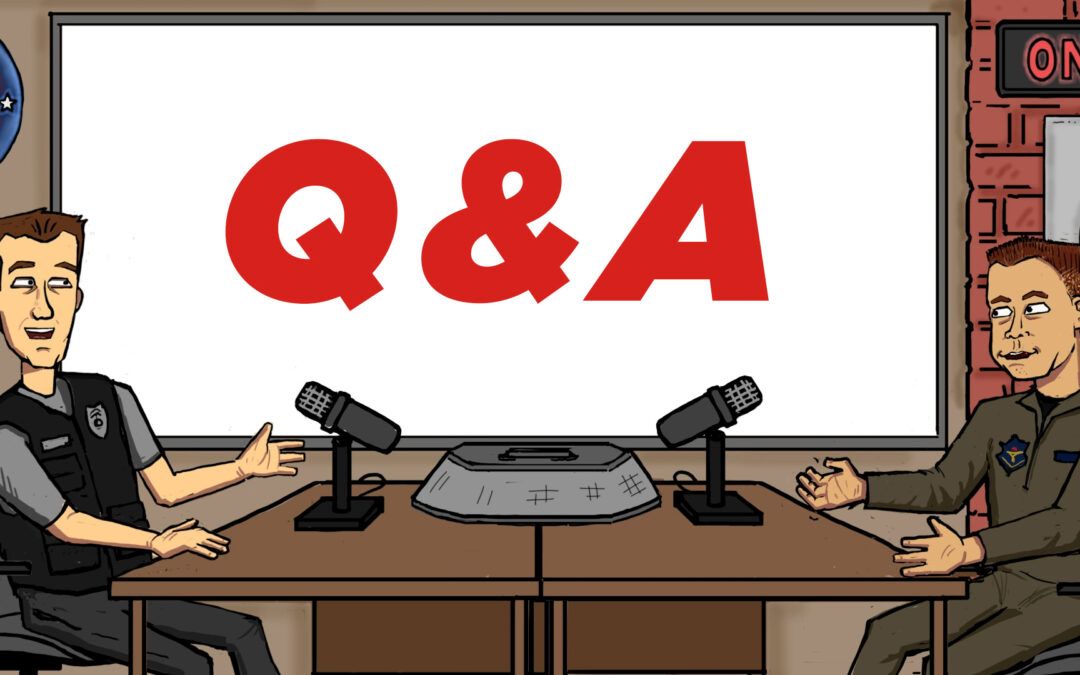
You Have Questions, We Have Answers
For the first episode of the New Year, Mike and Jim tap one of the podcast’s most important resources: You, the listeners! We asked the members of the Tactical Tangents Facebook discussion group for a list of questions, with the promise of podcast swag for the best one. (If you’re not in the group, get in there and join!)
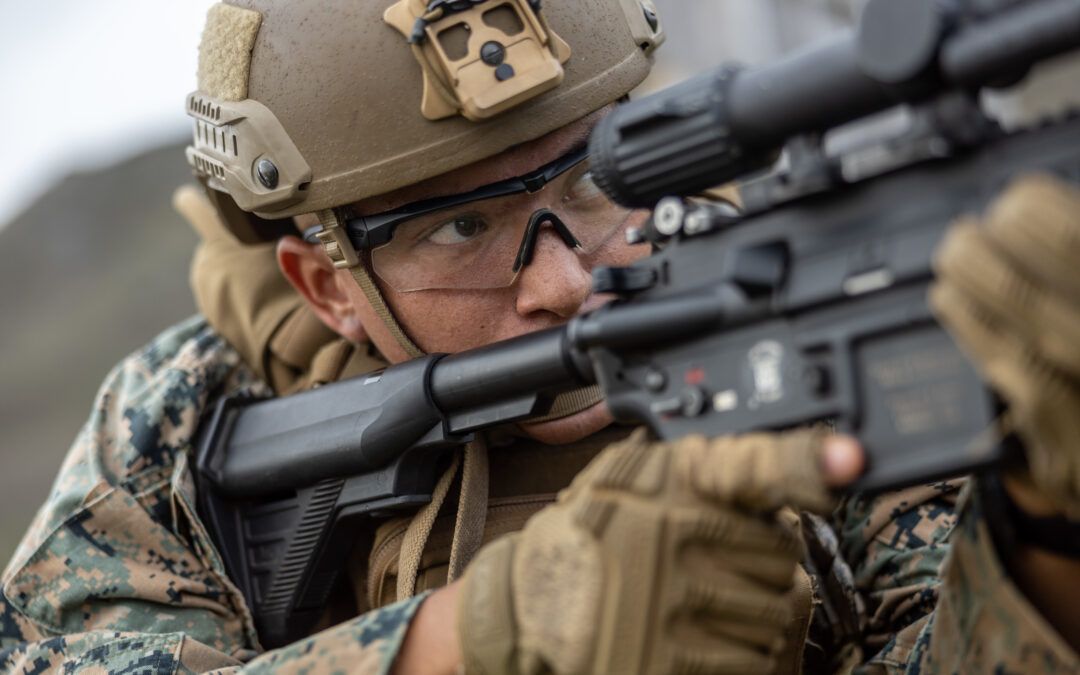
Getting the Band Together
Some people are daring and some are risk-averse. There are process people and results people. For every rebel, there’s an i-dotting, t-crossing rules follower. All these personality types can bring something to a team; this kind of diversity really is strength! Selecting opposites that compliment each other is a valuable leadership skill. Most important is the self-awareness of what you bring to your team, and who can back you up in your blind spot.
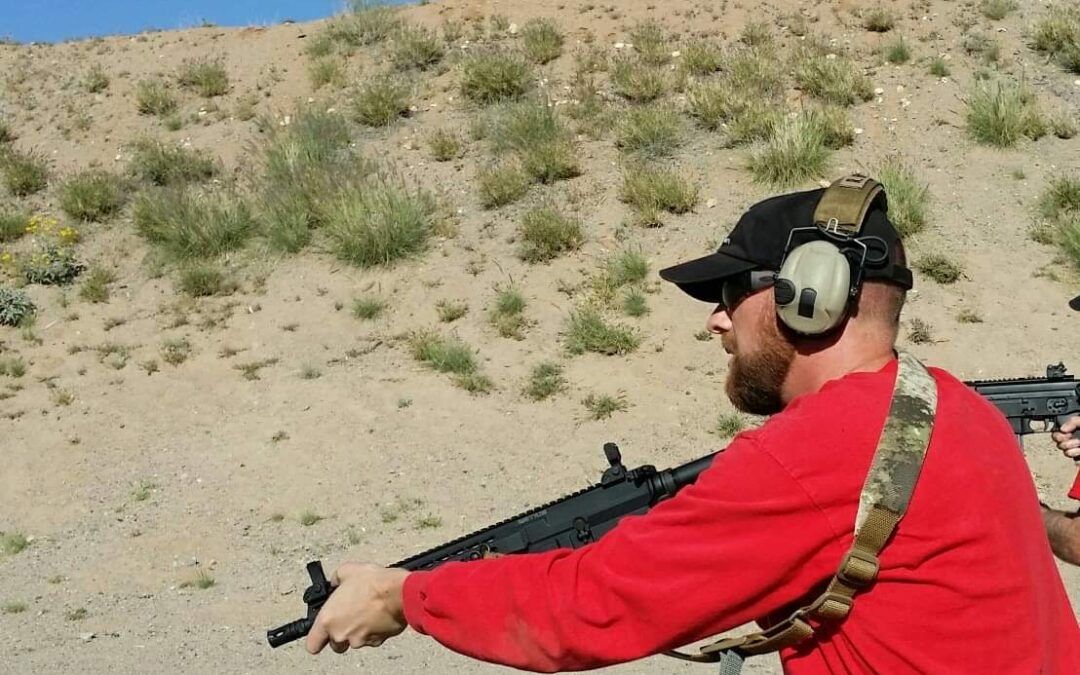
The Inner Game of Thriving
Tactical skills and physical fitness can help survive the fight, but what about emotional fitness after the fight is over? In addition to common symptoms like sleep disruption and reliving the incident, high responders may find themselves in the uncomfortable position of feeling isolated and out of control afterward. In this episode Ross & Mike talk about therapy resources, the importance of finding meaning outside the job, and preventative care ahead of time for mental resilience in the wake of a critical incident.
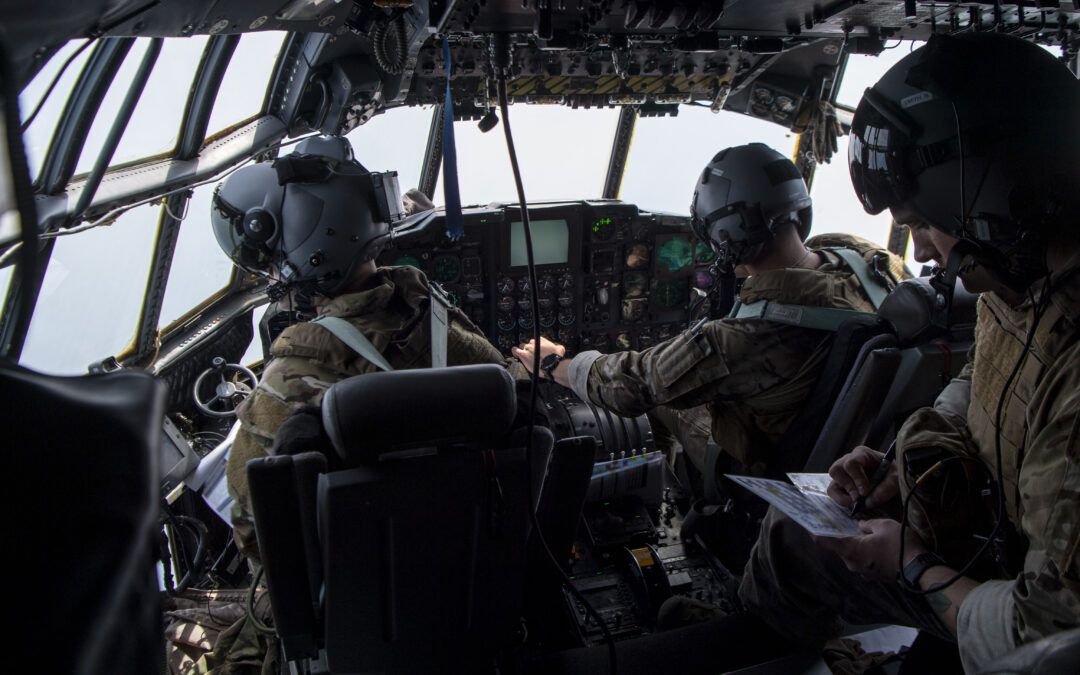
No Shi…Kidding, There I was…
Hard landings, cockpit equipment malfunctions, fires, and near-miss almost midair collisions while in an inverted spin, these situations that were terrifying at the time can be humorous in retrospect as long as everyone lived. More importantly, they all offer the sort of lessons that can’t be learned from a PowerPoint presentation, only by things going badly wrong in real time.Jim’s here to pass his hard won lessons on to you. And watch out for pterodactyls!

Symphony of Terror
The Mumbai incident, perpetrated by a squad of ten terrorists who had been through a rigorous selection and training process, introduced multiple novel problems worth considering. What happens when there are multiple shooters at different scenes simultaneously? When they have access to serious arms, including grenades, possibly provided by a foreign actor? When they use structure fires as a weapon? When they have outside command-and-control monitoring the news and communicating with the shooters via cell phone? These and other complications inherent in an attack like this are examined in this episode.
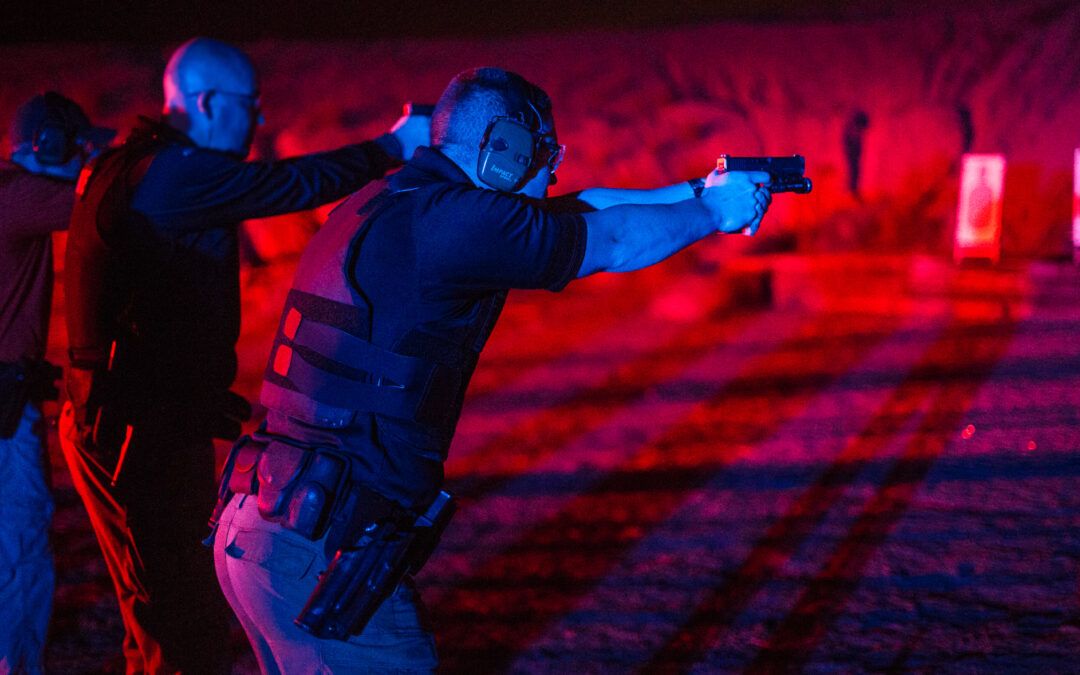
A Scared Cop is a Dangerous Cop
The most notorious manifestation of this phenomenon is the “’Oh Sh*t!’ Bang”, where a scared or startled cop results in a lawful-but-awful shooting that might have been avoided by better stress management and more confidence in the officer’s physical skills. However, Mike also explains the many other places that the poorly managed limbic response can rear its ugly head: Bad communication in stressful situations, indecision or half-decisions that allow a developing situation to get much worse, and more.

Mandalay Bay Mass Shooting Debrief w/ SWAT Commander & Patrol Sergeant
The largest mass murder in the US since September 11th shook the country on October 1, 2017 at the Route 91 Country Music Festival, leaving 58 (now 60) people dead and countless others wounded. We sat down with retired LVMPD Lt. Will Huddler and Sgt. Ashton Packe to hear their stories and lessons learned.
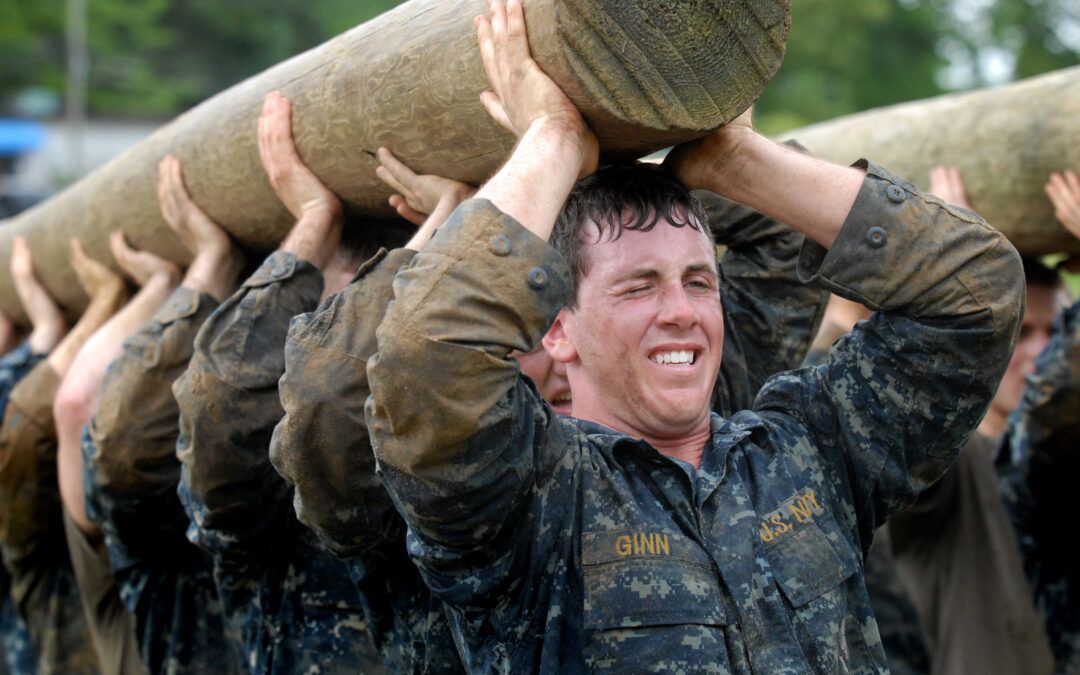
Do you trust me? Selflessness in Teamwork
It’s one thing that we all get along, but real trust isn’t something that can be assumed as a given–we’ve got to earn it. Building trust in teams has a lot to do with the often unwritten social contracts that help us get on the same page about our roles and responsibilities. We have to know that everyone is going to put the mission before their own personal interests to really build harmony and a combined effort that is greater than than the sum of its individual parts.
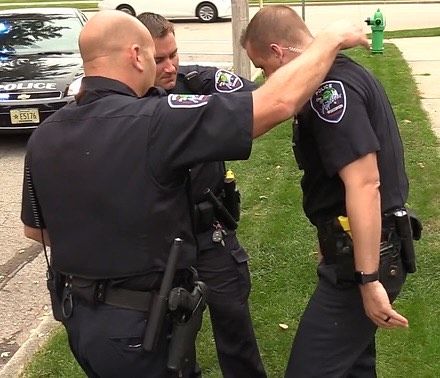
All’s Well…If We Make it Well
“Wellness” is a buzzword these days. Employers offer all manner of wellness aids from fitness to nutrition as part of benefits packages, but the truth is that nobody can make you care about your wellness if you don’t. In this episode, Mike explains why this is an important concept and the reasons you should care about it.
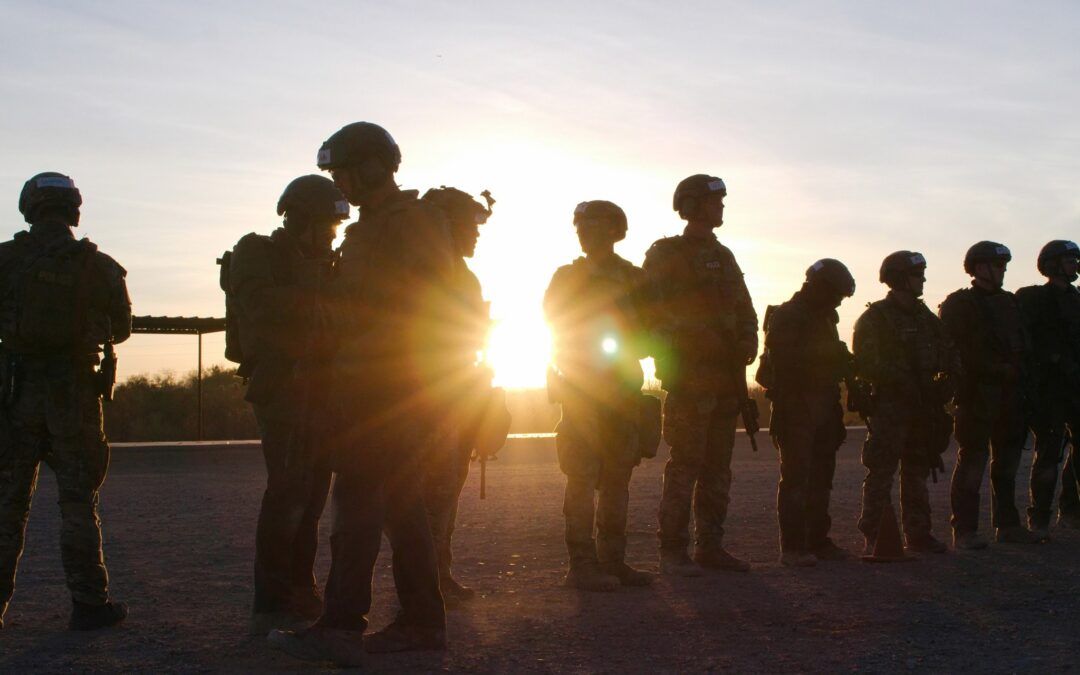
Team Selection: Real-Life Fantasy Draft
Having a good selection procedure is important for getting the right members on a team. Mike steals a page from advertising, only where an ad man conceptualizes the ideal customer, he’s looking for the ideal SWAT guy. The process could work for any team selection, though. Just think about what the ideal candidate would say, think, do, or feel, and look for those people. Listen to this episode for ideas on how to do just that.
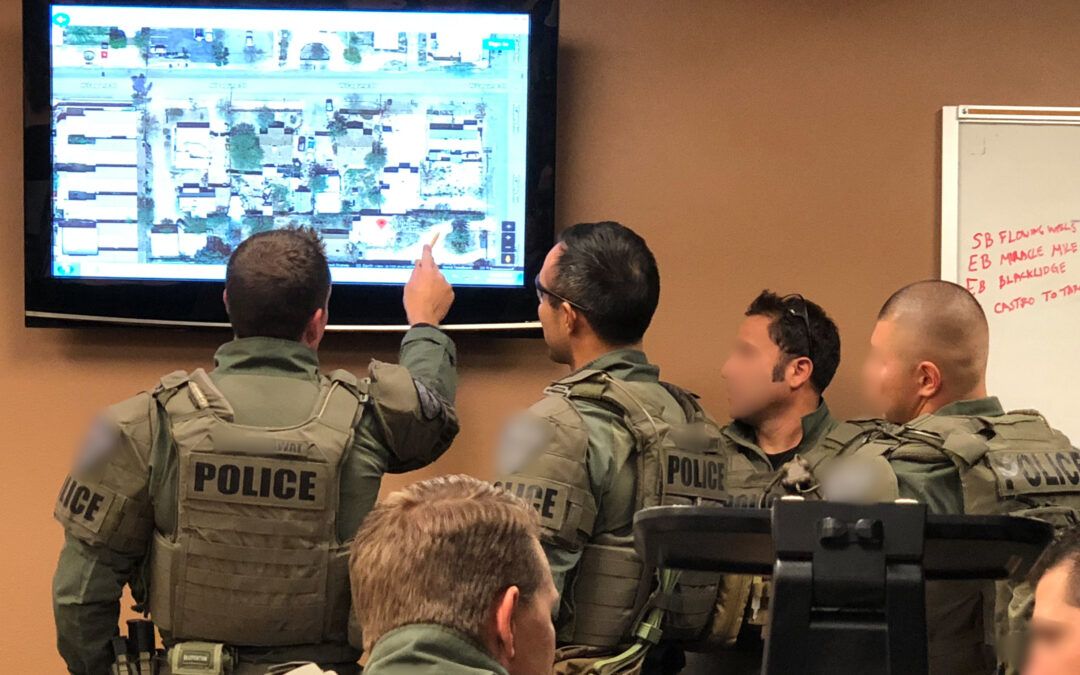
A Good Commander Knows What to Control
In this episode Mike and Jim talk about command and control, and teaching decision-making skills to team members. In this way, when everything hits the fan, the right decisions get made fast, and get made at the right level. There’s a reason for supervisors, commanders, and leaders, but it’s important to know when to let subordinates make decisions. Not every incident is The Big One, but nobody’s ready for The Big One if they haven’t been taught in the small ones.

Sleeping for Success
Dr. Sargent retired from a 25 year Navy career that included such exotic postings as being the only psychiatrist in Anbar Province, where he helped stand up the Combat Sleep School.
How to maximize healthy sleep hygiene without using drugs that might blunt the tactical edge is his specialty, and in this episode he talks with Mike about the best way we can adapt modern life schedules to bodies that have ancient sleep needs.
No Results Found
The page you requested could not be found. Try refining your search, or use the navigation above to locate the post.
Athletic Performance
THE "TACTICAL" ATHLETE: MEANT FOR FIGHTING! I’ll be the first to tell you that I’m not any sort of...
The role of good training
What is the role of training? Every day you spend doing “...whatever it is you do here,” you’re...
You can’t handle the truth!
YOU CAN'T HANDLE THE TRUTH! One of the big focus points we have for the Tactical Tangents project...
Kids and School Attacks
Kids and School Attacks There is a kind of sense of nostalgia that I think a lot of my peers have...
Trauma Tips
5 MINUTES OF TRAUMA CARE Trauma care continues to become more common knowledge to the layperson....
